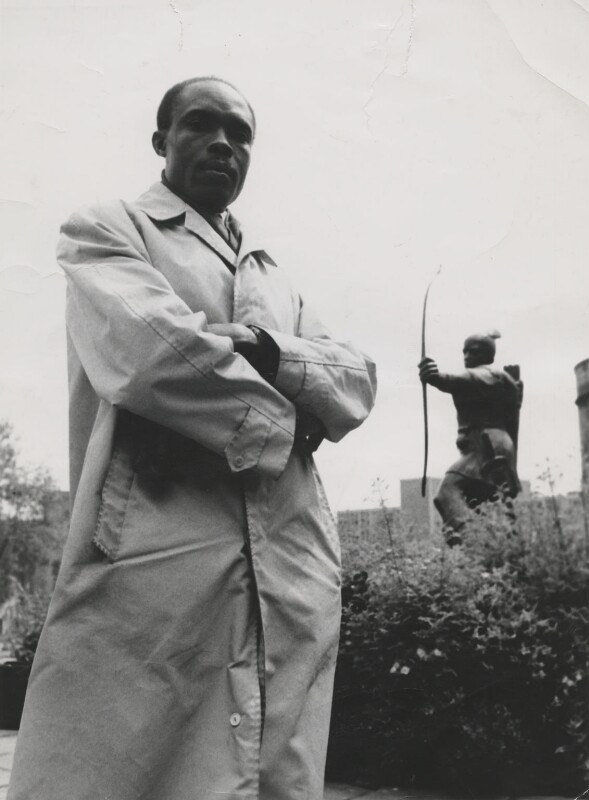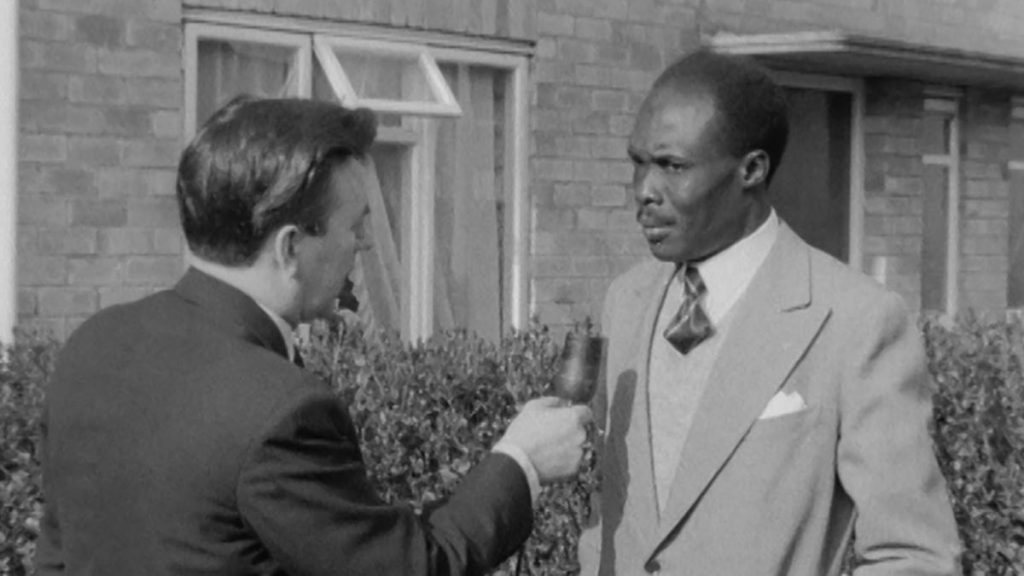The life and work of Eric Irons, Britain’s first black magistrate and a campaigner for social justice, is set to be commemorated in Nottingham this week.
A plaque will be unveiled on the outside of the National Justice Museum, the former venue of the Shire Hall courts and where Irons heard his first cases in the early 1960s.
The ceremony on Tuesday (1 October) will also mark the start of Black History Month.
“This plaque is a wonderful way to secure the legacy of our father, Eric Irons, as a man who devoted his whole life to serving people of all colours, religion, age and the whole community,” his sons said in a joint statement about the news.
“[Our] father received a number of honours throughout his life, including the OBE, Jamaican badge of honour, an honorary degree from Nottingham University, and first black justice of the peace in Britain. This plaque would have given him equal pleasure.”
Here’s what you need to know about him.
Irons was born in Jamaica…
In a little place called Spanish Town in St. Catherine, Middlesex, in 1921.
He came to the UK from the Caribbean during his service for the Royal Air Force during World War Two. After extending his service in the military, Irons settled in Nottingham where he married his wife, local Nellie Kelham, with whom he went on to have six children and 16 grandchildren.
He was passionate about equality…
Which drove him to enter public life. He began work at the Chilwell Ordnance Depot in 1952, where he was among only a handful of black workers.

Image credit: Portrait of Eric Irons by an unknown photographer – as displayed by the NPG
He began taking up the issue of racial discrimination in employment with the Nottingham and District Trade Council, and successfully negotiated to have more black workers taken on in the depot, as well as by other employers in the city.
He set up the first black community group in his own house…
Which went on to form part of the Consultative Committee for the welfare of black people in 1955. The idea of the group was to discuss local issues faced by black people as well as prejudice that they faced.
He helped lift a ban on employing black workers on city transport…
After tireless campaigning, Irons managed to get Nottingham City Council to scrap an embargo on hiring black bus drivers and transport workers.
He was outspoken about racial divisions in the city that were highlighted by the race riots of 1958, and worked with the city council to counter them.
Irons made history in 1962…
When he was appointed Britain’s first black magistrate.
Magistrates are unpaid volunteers, usually without prior legal training, who hear cases in their local courts.
His landmark appointment wasn’t without controversy…
According to pamphlets studied by Nottingham University, that reflected several biographies of magistrates who had sat in Nottingham over 50 years, Irons’ position on the bench drew a large amount of media scrutiny.
He was apparently chased down the street by reporters hoping to catch a word with him, and hounded on his doorstep.

Image credit: Reg Harcourt interviews Eric Irons (BFI/Screenstill)
Journalist Reg Harcourt successfully interviewed him in a film clip for ATV’s local news programme, which was originally broadcast in May 1962.
A fascinating source of oral history, Harcourt also speaks to a number of local people in Nottingham about the decision to appoint Irons.
Many were supportive of Irons…
However, he did receive a series of threatening letters from the Klu Klux Klan (KKK), a racist white supremacist group based in the United States.
Irons remained undeterred and forged ahead with his role.
He sat on the bench in Nottingham hearing cases for 29 years, until he retired from the job in 1991.
He was awarded an OBE in 1978…
Appearing in the New Year Honours list. The University of Nottingham also awarded him an honorary Master of Arts degree for his work improving race relations in the city.
Eric Irons died in 2007.







